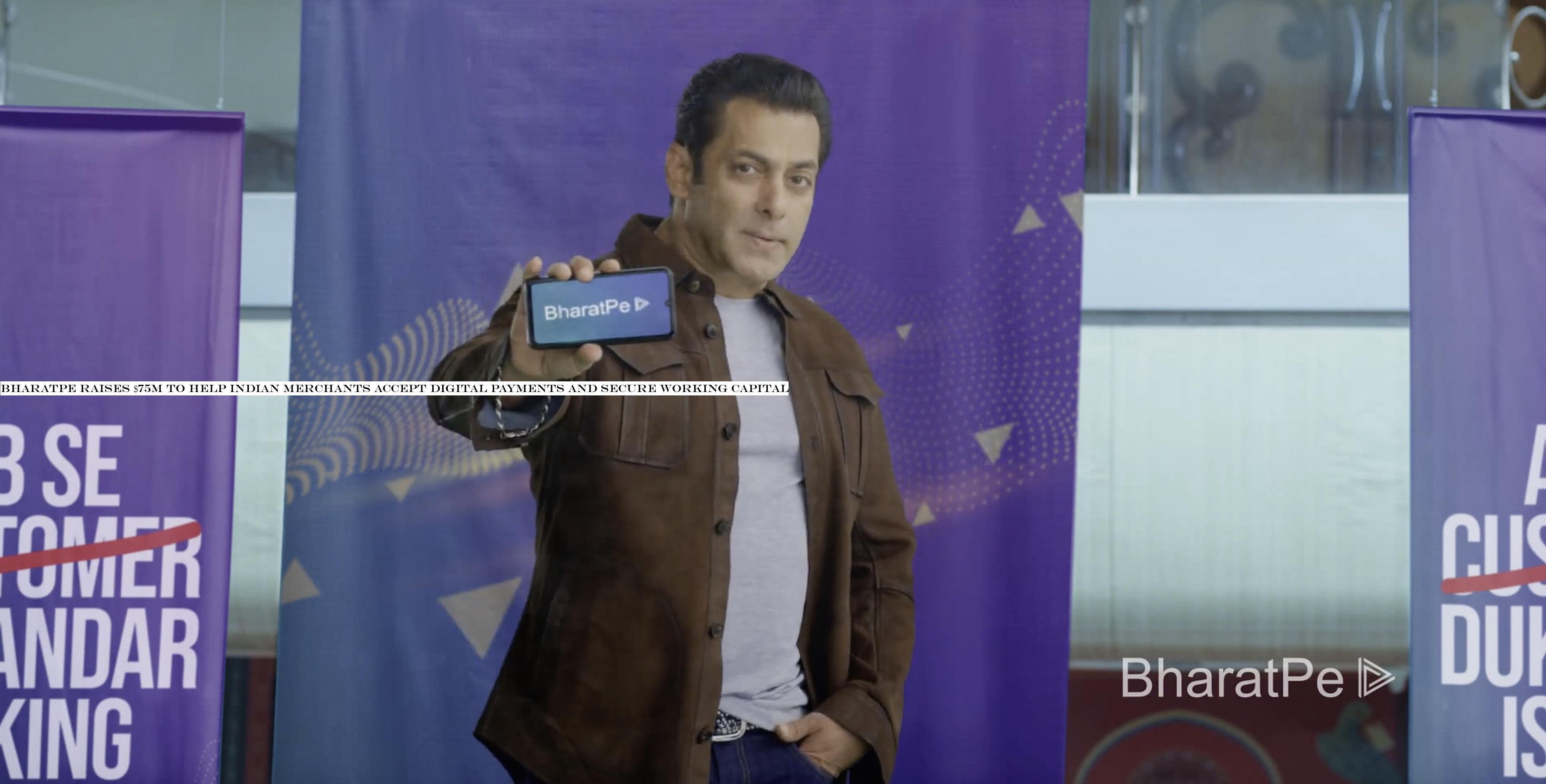INSUBCONTINENT EXCLUSIVE:
BharatPe, a New Delhi-based startup that is enabling hundreds of thousands of merchants to accept digital payments for the first time and
also providing them access to working capital, has raised $75 million in a new financing round as it looks to scale its business in the
nation.
The Series C round for the one-and-a-half-year old startup was led by New York-headquartered hedge fund Coatue Management and
existing investor Palo Alto-based fintech investor Ribbit Capital .
VC firm Amplo, and existing investors Steadview Capital and Insight
Partners also participated in the round, which valued the startup at over $400 million
The startup has raised $140 million to date.
BharatPe operates an eponymous service to help offline merchants accept digital payments
Even as India has already emerged as the second largest internet market, with more than 500 million users, much of the country remains
Among those outside of the reach of the internet are merchants running small businesses, such as roadside tea stalls.
To make these
merchants comfortable in accepting digital payments, BharatPe relies on QR codes built as part of government-backed UPI payments
Ashneer Grover, co-founder and chief executive of BharatPe, said the startup will use much of the fresh capital to fund working capital for
its merchant partners.
BharatPe, he said, has disbursed about $14 million &short-term& loans to over 20,000 merchants in the last seven
New merchants can secure about $500 for a period of three months from BharatPe
As merchants spend more time on BharatPe, the firm increases the amount to about $2,000.
The startup has amassed over 3 million merchants in
It aims to more than double that number by March 2021.
The lending business is crucial to BharatPe
Payment apps make little to no money through making transactions on their platforms
Those processing UPI payments can not even charge a small commission to merchants.
Additionally, access to working capital is a major
challenge in developed markets such as India
According to a World Bank report, more than 2 billion people globally do not have access to working capital.

